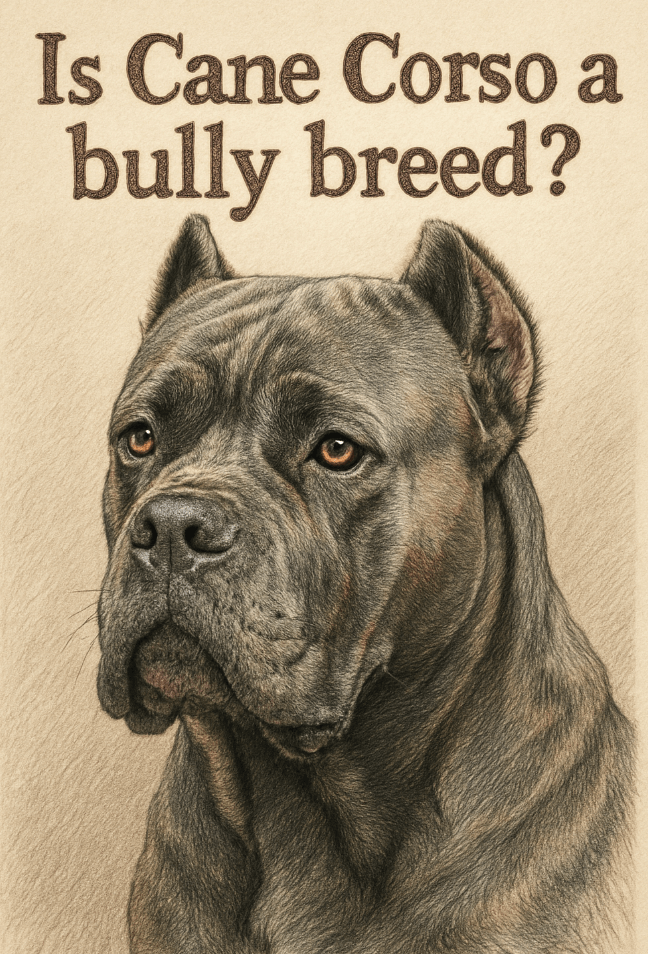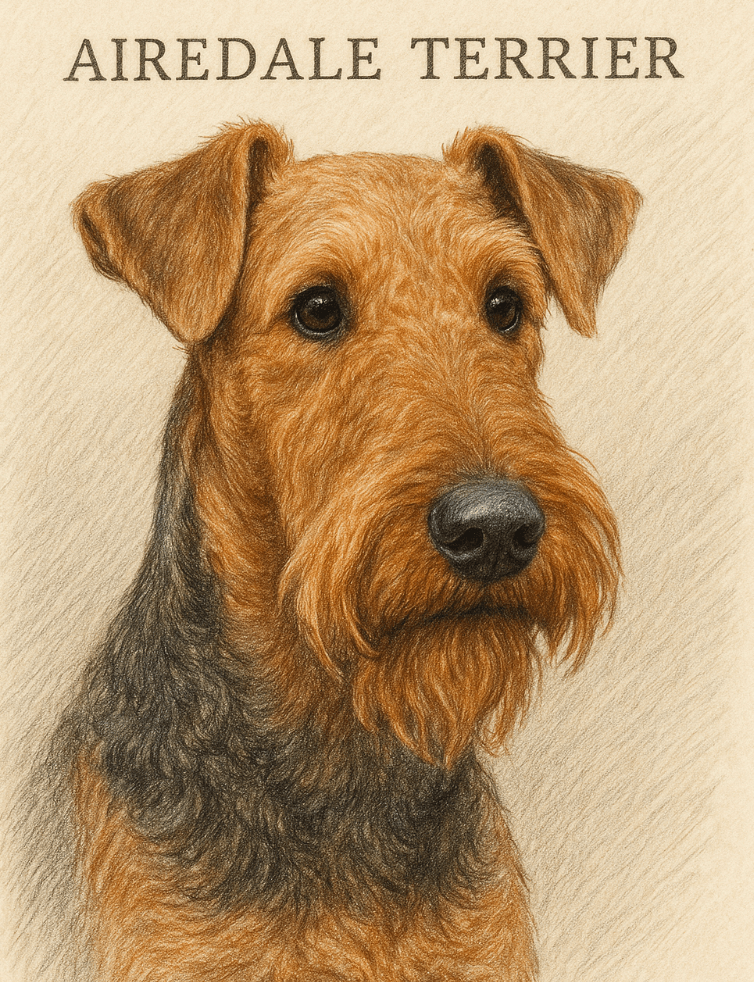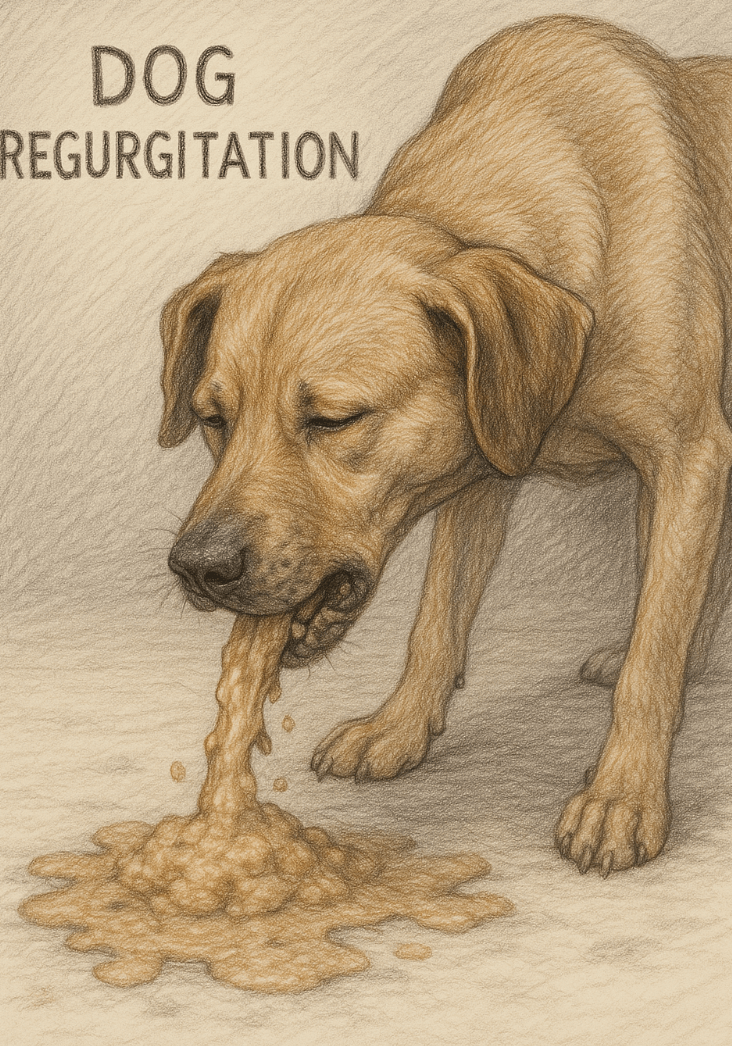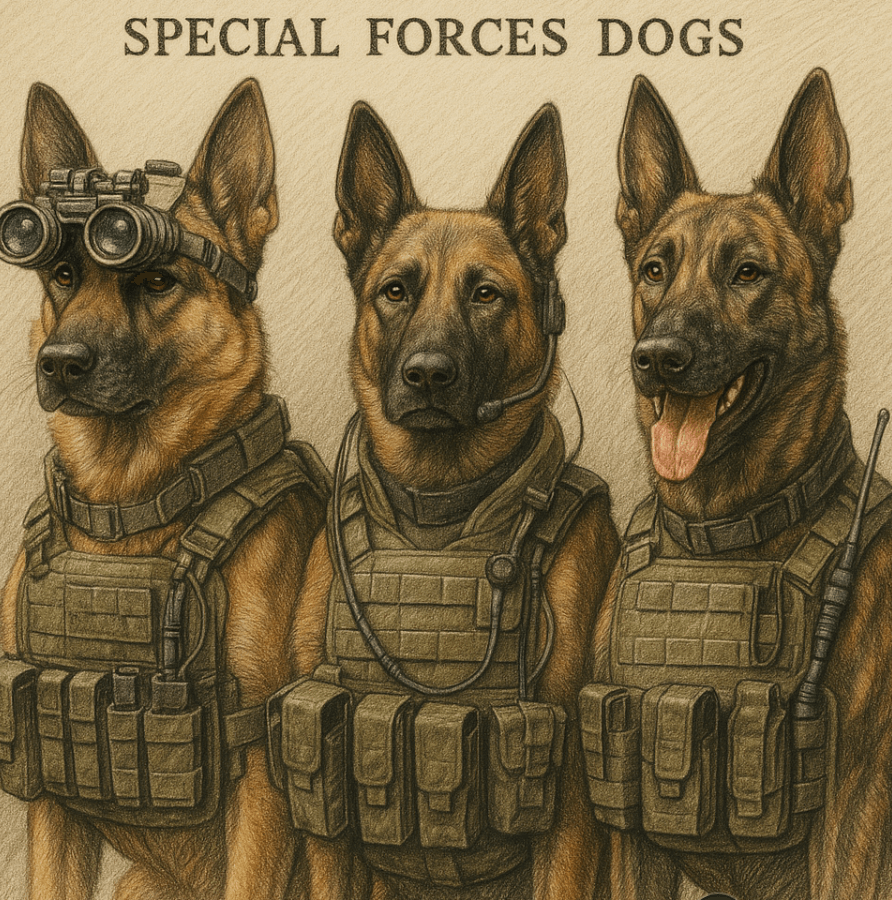Is Cane Corso a Bully Breed?
The Cane Corso is a majestic and powerful Italian breed known for its loyalty, intelligence, and imposing presence. However, there’s often confusion about whether the Cane Corso falls under the category of “bully breeds.” This term typically refers to dogs originally bred for bull-baiting or those sharing physical and temperamental traits with breeds like the American Pit Bull Terrier or Staffordshire Bull Terrier. While the Cane Corso shares some characteristics with bully breeds, such as strength and protective instincts, it has a distinct history and purpose.
In this blog post, we’ll explore the origins, traits, and classification of the Cane Corso to determine whether it truly qualifies as a bully breed. By the end, you’ll have a clearer understanding of this remarkable dog and its place in the canine world.
What Defines a Bully Breed?
To understand whether the Cane Corso is a bully breed, it’s essential to first define what constitutes this category. Bully breeds are often misunderstood due to their reputation, but they share specific traits and historical backgrounds.
Historical Purpose:
Many bully breeds were originally bred for blood sports like bull-baiting or fighting, which shaped their muscular build and tenacity.Physical Characteristics:
Bully breeds typically have broad heads, strong jaws, and compact, muscular bodies designed for power and endurance.Temperament Traits:
Despite their tough appearance, many bully breeds are known for being affectionate, loyal, and good with families when properly trained.Controversial Reputation:
Due to isolated incidents involving aggression, some bully breeds face stigma and breed-specific legislation in certain areas.Breed Examples:
Common examples include the American Pit Bull Terrier, Bull Terrier, Staffordshire Bull Terrier, and Bulldog.
Understanding these defining factors helps clarify how different breeds, including the Cane Corso, fit—or don’t fit—into the bully breed category.
Key Traits of the Cane Corso
The Cane Corso is a unique breed with a rich history and distinct characteristics that set it apart from traditional bully breeds. Here’s a closer look at what makes this breed special.
Origins in Italy:
The Cane Corso hails from Italy, where it was historically used as a guardian, hunter, and farmhand rather than for fighting or baiting.Protective Instincts:
Known for their loyalty, Corsos are natural protectors, excelling as guard dogs and family companions when properly socialized.Intelligence and Trainability:
This breed is highly intelligent and eager to please, making them responsive to training and capable of performing complex tasks.Muscular Build:
With a powerful, athletic frame, the Cane Corso resembles bully breeds in appearance but serves a different functional purpose.Independent Nature:
While affectionate with their family, Corsos can be reserved and independent, requiring experienced handling and consistent leadership.
These traits highlight the Cane Corso’s versatility and distinction from breeds traditionally classified as bully breeds.
Check this guide 👉Malamute Cane Corso Mix: Best 7 Expert Tips!
Check this guide 👉American Cane Corso vs Italian Cane Corso: Best 7 Tips!
Check this guide 👉Cane Corso vs American Bully: Best 7 Expert Tips!

Cane Corso Characteristics | Bully Breed Characteristics |
|---|---|
Historically used for guarding farms | Bred for bull-baiting and fighting |
Independent and reserved temperament | Often more outgoing and affectionate |
Large, athletic build | Compact, muscular build |
Requires firm, experienced ownership | Can thrive with novice owners if socialized |
Rarely associated with aggression | Sometimes unfairly labeled as aggressive |
Why the Cane Corso Is Not Considered a Bully Breed
While the Cane Corso shares some physical traits with bully breeds, several key factors differentiate it from this group. Understanding these distinctions is crucial for accurate classification.
Different Historical Role:
Unlike bully breeds, the Cane Corso was never bred for fighting or blood sports but instead served as a working dog for herding and protection.Distinct Genetic Lineage:
The Cane Corso belongs to the Mastiff family, tracing its roots to ancient Roman Molossus dogs rather than terrier or bulldog ancestry.Purpose-Bred Temperament:
Corsos were bred for stability, focus, and utility, prioritizing functionality over aggression or combativeness.Size and Structure Differences:
Their larger, leaner build contrasts with the stockier, more compact frames typical of bully breeds.Global Recognition:
Major kennel clubs like the AKC classify the Cane Corso as a working breed, not a bully breed, further solidifying its separate identity.
These points reinforce why the Cane Corso stands apart from traditional bully breeds despite superficial similarities.
Misconceptions About the Cane Corso and Bully Breeds
Both the Cane Corso and bully breeds face misconceptions that can lead to confusion and unfair stereotypes. Addressing these myths promotes better understanding and appreciation for each breed.
Assumed Aggressiveness:
Many people mistakenly believe all large, muscular dogs like the Cane Corso are inherently aggressive, which is untrue with proper training and socialization.Lumping All Strong Dogs Together:
Just because a dog looks similar to a bully breed doesn’t mean it shares the same traits or background.Overgeneralizing Behavior:
Individual temperament varies widely within any breed, so judging based on appearance alone is misleading.Breed-Specific Legislation Impact:
Some regions impose restrictions on bully breeds, affecting public perception even for unrelated breeds like the Cane Corso.Underestimating Training Needs:
Both bully breeds and Corsos require dedicated training and socialization, yet many assume they’re naturally “easy” to handle.
By dispelling these misconceptions, we can foster greater respect and knowledge about the Cane Corso and bully breeds alike.
Training Tips for Cane Corso Owners
Raising a well-behaved Cane Corso requires dedication and consistency. These tips will help you navigate the challenges and rewards of training this intelligent breed.
Start Early:
Begin obedience training and socialization during puppyhood to establish good habits and prevent behavioral issues later.Use Positive Reinforcement:
Reward-based methods, such as treats, praise, and playtime, work best to motivate this eager-to-please breed.Focus on Socialization:
Expose your Cane Corso to various people, animals, and environments to build confidence and reduce fear-based reactions.Set Clear Boundaries:
Establish rules early on and enforce them consistently to avoid confusion or disobedience.Seek Professional Help if Needed:
If you encounter challenges, consult a professional trainer to guide you through advanced techniques.
With patience and persistence, training becomes a rewarding experience that strengthens your bond with your Cane Corso.
Health Considerations for the Cane Corso
Like all large breeds, the Cane Corso is prone to certain health conditions. Being proactive about their care ensures a longer, healthier life.
Hip Dysplasia:
A common condition in large breeds, causing joint pain and mobility issues; regular exercise and weight management help reduce risk.Cardiomyopathy:
Heart conditions like dilated cardiomyopathy can occur; annual cardiac screenings are recommended.Gastric Torsion (Bloat):
Rapid eating and stress increase the likelihood of bloat; feeding smaller meals and using slow-feed bowls helps mitigate this.Skin Conditions:
Some Corsos may develop allergies or sensitivities; hypoallergenic diets and regular grooming can alleviate symptoms.Eye Disorders:
Progressive retinal atrophy (PRA) can occur; routine eye exams help detect problems early.
Proactive healthcare ensures a longer, healthier life for your beloved pet.
Activities to Enjoy with Your Cane Corso
Living with a Cane Corso means embracing an active lifestyle. These engaging activities will keep your dog physically and mentally stimulated while strengthening your bond.
Long Walks and Hikes:
Explore trails together, allowing them to sniff, run, and burn off excess energy in a natural setting.Obedience Drills:
Practice advanced commands and tricks to sharpen their focus and discipline.Guardian Training:
Channel their protective instincts into structured exercises, teaching them how to differentiate between real threats and harmless situations.Interactive Toys:
Puzzle feeders, treat-dispensing balls, and chew toys keep them entertained when you’re busy.Swimming Sessions:
Many Cane Corsos enjoy water; swimming provides excellent low-impact exercise.
Engaging in these activities ensures a fulfilling life for your adventurous companion.
Frequently Asked Questions About the Cane Corso and Bully Breeds
Is the Cane Corso dangerous?
No, the Cane Corso is not inherently dangerous. Proper training, socialization, and responsible ownership ensure a well-behaved dog.
Can a Cane Corso live peacefully with other pets?
Yes, with early socialization and supervision, Corsos can coexist harmoniously with other animals.
Are bully breeds illegal in some places?
Yes, certain regions have breed-specific laws targeting bully breeds, though these regulations vary widely.
Do Cane Corsos need professional training?
While not mandatory, professional guidance is highly recommended due to their strong-willed nature and need for structured learning.
How does the Cane Corso compare to a Pit Bull?
While both are muscular and protective, their temperaments, purposes, and genetic backgrounds differ significantly.
Celebrating the Unique Identity of the Cane Corso
The Cane Corso is a remarkable breed that deserves recognition for its individuality rather than being lumped into categories like bully breeds. Its rich history, noble temperament, and impressive capabilities make it a standout choice for experienced dog owners seeking a loyal and protective companion. By understanding its true nature and avoiding stereotypes, we can appreciate the Cane Corso for what it truly is—a magnificent working dog with a heart of gold. Whether you’re considering adopting one or simply fascinated by this breed, remember that responsible ownership and education are key to unlocking the full potential of these incredible dogs.
What Is Grain-Free Dog Food? Best 7 Expert Tips! Discover the benefits, ingredients, and expert advice on grain-free dog food to help you choose the best diet for your pup’s health and happiness.
Airedale Terrier: Best 7 Expert Tips! Discover expert advice on training, grooming, and living with this intelligent, energetic breed for a happy and healthy companion.
Understanding Dog Regurgitation: Best 7 Expert Tips! Learn how to identify causes, manage symptoms, and prevent regurgitation in dogs with expert advice for a healthier, happier pet.
Special Forces Dogs: Best 7 Expert Tips! Discover expert advice on training, care, and the vital roles these heroic canines play in military operations worldwide.




